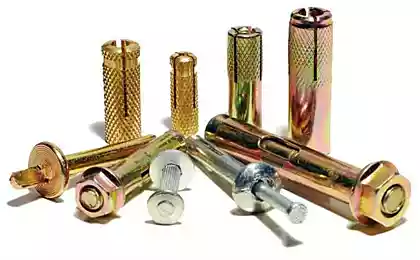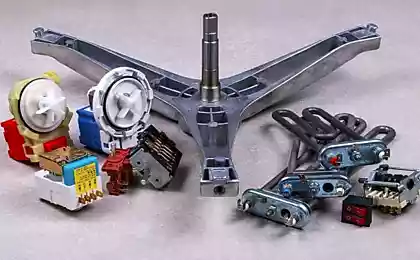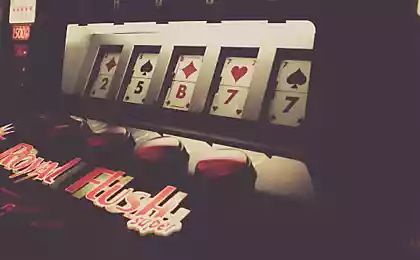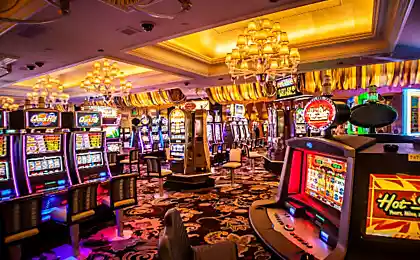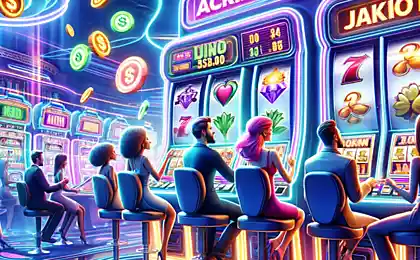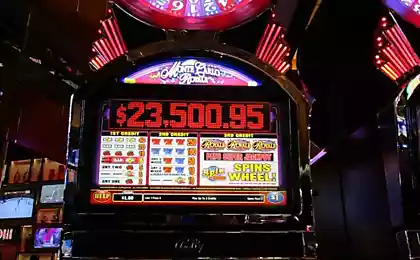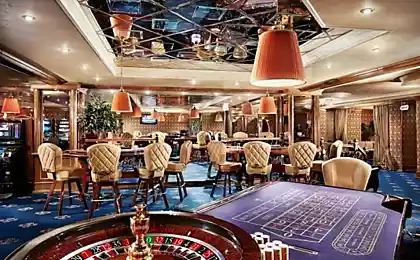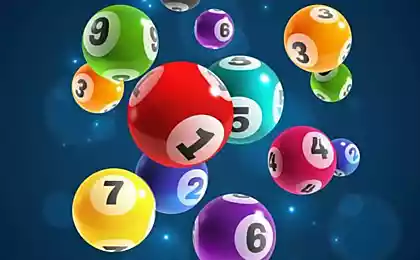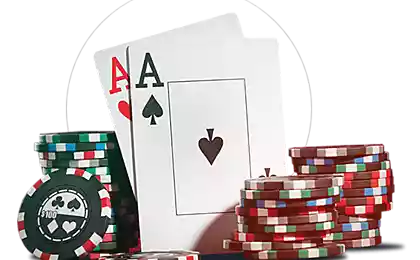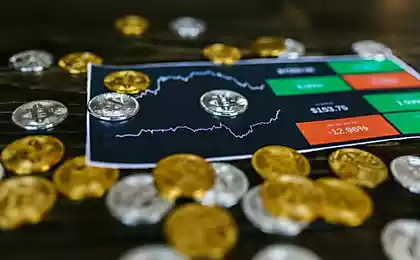228
0.3
2024-07-06
Understanding The Payback Percentages Of Slot Games

A slot machine's payback percentage is the sum of all bets returned over an indefinite period. Our slot machine features a 7% house advantage and a 93% payback ratio, which always adds up to 100%. If you enjoy slot games, you'll understand why knowing the slot payout % is better. Unfortunately, many newbies misinterpret the concept of payout %. Because of this ignorance, people often have an exaggerated expectation of how much they can win by using https://grupslot25.com.
Structure of payouts
Another factor to consider when calculating the payout % is the structure of the slot machine payout. Consider this analogy: imagine a slot machine with a 98% payout ratio. Assume that 1,000,000 spins on the slot machine result in $1,000,000 in revenue. According to this comparison, the fortunate winner of the progressive jackpot receives 98% of the earnings, with the casino keeping the remaining 2%.
What are the payout percentages?
Casinos can modify a game's payout percentage depending on how the slot manufacturer designed it and local legislation. If a casino wants to attract more customers, they may boost the amount they pay back. Some older casinos, for example, will often have a payback since they must compete with newer, more attractive casinos.
Look up the percentage online.
Another option to find out the payout % of a slot machine is to visit the manufacturer's website https://alktotogrup.com because many people will post the average RTP (return to player) values for their specific computers. They provide this information to entice casino owners to buy slot machines for their businesses. Providing this information allows casinos to acquire a range of machines with varying payout rates.
Research average payouts
The information accessible to most American slot players comes in the monthly (or occasionally annual) reports from state gaming boards and other authorities, who are sometimes mandated to publish slot machine statistics generically. Most states with these restrictions require monthly reports that are territorial.
By Tracking Your Play
Here's a terrible concept that will probably fail: By keeping track of your slot machine play, it might develop a customised perception of the game's immediate payouts. I say it's foolish and won't work since you'll have to invest a lot of money in a game over time to operate in any meaningful sense.
House Edge at Slots
Each gambling jurisdiction mandates that all slot machines be registered, and all slot manufacturers provide programming and maths charts to the state gaming office. While the state may only demand an 86% return, most video poker and slot machines pay more.
Of course, just because a machine boasts a 99% return does not guarantee that you will win $99 for every $100 you play. The repayment amount is an average. Throughout an evening of gaming, you may lose $500 or gain $5,000.
State Regulations
Slot machines and other games of chance are governed by specific to each state-authorised https://citra77grup.com.When it comes to payback, many of them have minimum payback requirements per machine, albeit these figures are sometimes absurdly low in comparison to what you'd find at a casino. Many states look to Nevada and New Jersey as the oldest and most developed markets to allow gambling, and they prefer to follow suit, but minimums differ per state.
Machine Installations and Moves
Have you ever witnessed new machines installed in a casino? The documents display the payback percentage. It always amazes me how often casinos keep that information out in plain sight, yet the ease of their slot techs having the data they need when they need it outweighs the number of curious people (like us) who check them. That will be one of the most concrete examples of how the casino handles payback on a machine.
Портал БАШНЯ. Копирование, Перепечатка возможна при указании активной ссылки на данную страницу.






